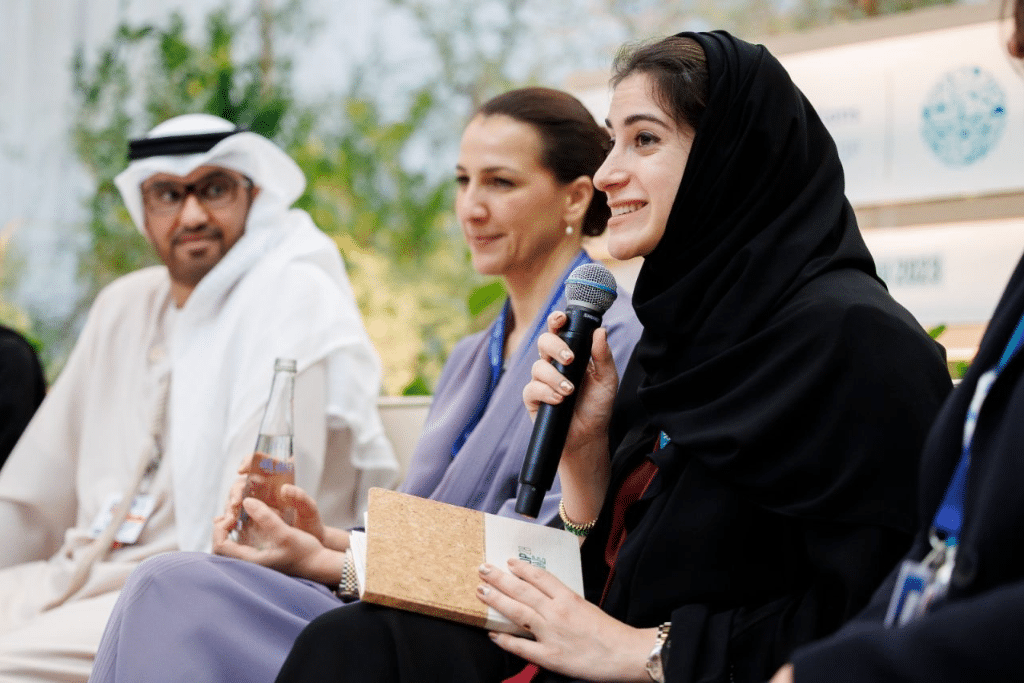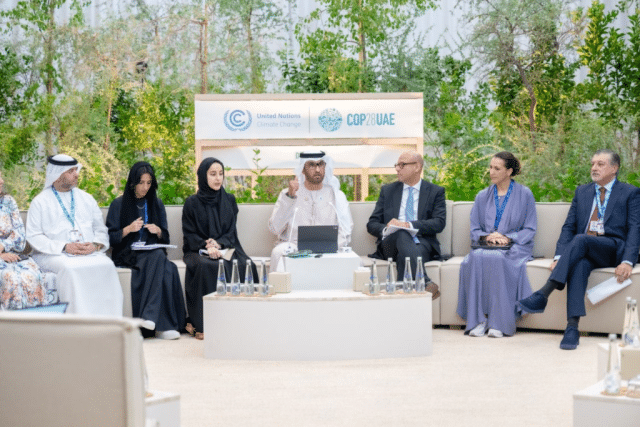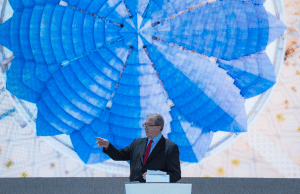The world is walking a precarious path. We have not seen this level of conflict since WWII. We have never seen this level of climate impact: hurting people, impinging on our economies, and pushing our natural systems to the point of no return. Meanwhile, inflation is costing families dearly, harming businesses, increasing the cost of capital, and causing politicians to reach for protectionism.
This paints a challenging political picture for the COP28 UN climate conference starting on 30th November. But it can be a moment for the world to come together to chart a hopeful path out of this situation. A path fuelled by the opportunities of climate action that signals shared responsibility, and solidarity in the face of adversity.
The latest climate science published earlier this year showed that the window is rapidly closing for policy and investment decisions to limit warming to 1.5C. The deadline for governments to set out their next phase of climate policy goals in 2025 is looming. Average annual investment requirements this decade are a factor of 3-6 times greater than current levels. Finance especially lags for adaptation – where there are growing gaps in action, that to date, have been fragmented, incremental and unequal across regions. COP28 needs to send strong signals to markets immediately and guide the actions governments need to take over the next two years.

It is a major political opportunity to give a new vision and direction to societies and economies worldwide. It is also a critical piece of the Paris Agreement governance architecture: the crux to making the ‘bottom-up’ process of governments all deciding their own nationally determined contributions (NDCs) to solving the climate problem work. COP28 is the first time governments will agree on how to respond to a stocktake that has revealed just how far off track we are from our collective climate goals, so an ambitious, effective response is vital to upholding the climate pillar of multilateralism.
Other critical negotiations at COP28 will include agreements on operationalising a fund for managing loss and damage from climate impacts, setting a framework for governing adaptation efforts, landing the first decisions under the mitigation work programme, establishing a work programme on just transition, and setting up a strong foundation to agree the successor to the $100bn goal next year. Beyond the negotiations, COP28 is a political stage for governments and businesses to make announcements on new policy directions and new funding commitments.
Learn more about COP28 here.
